‘There is no migrant crisis; there is a management crisis’
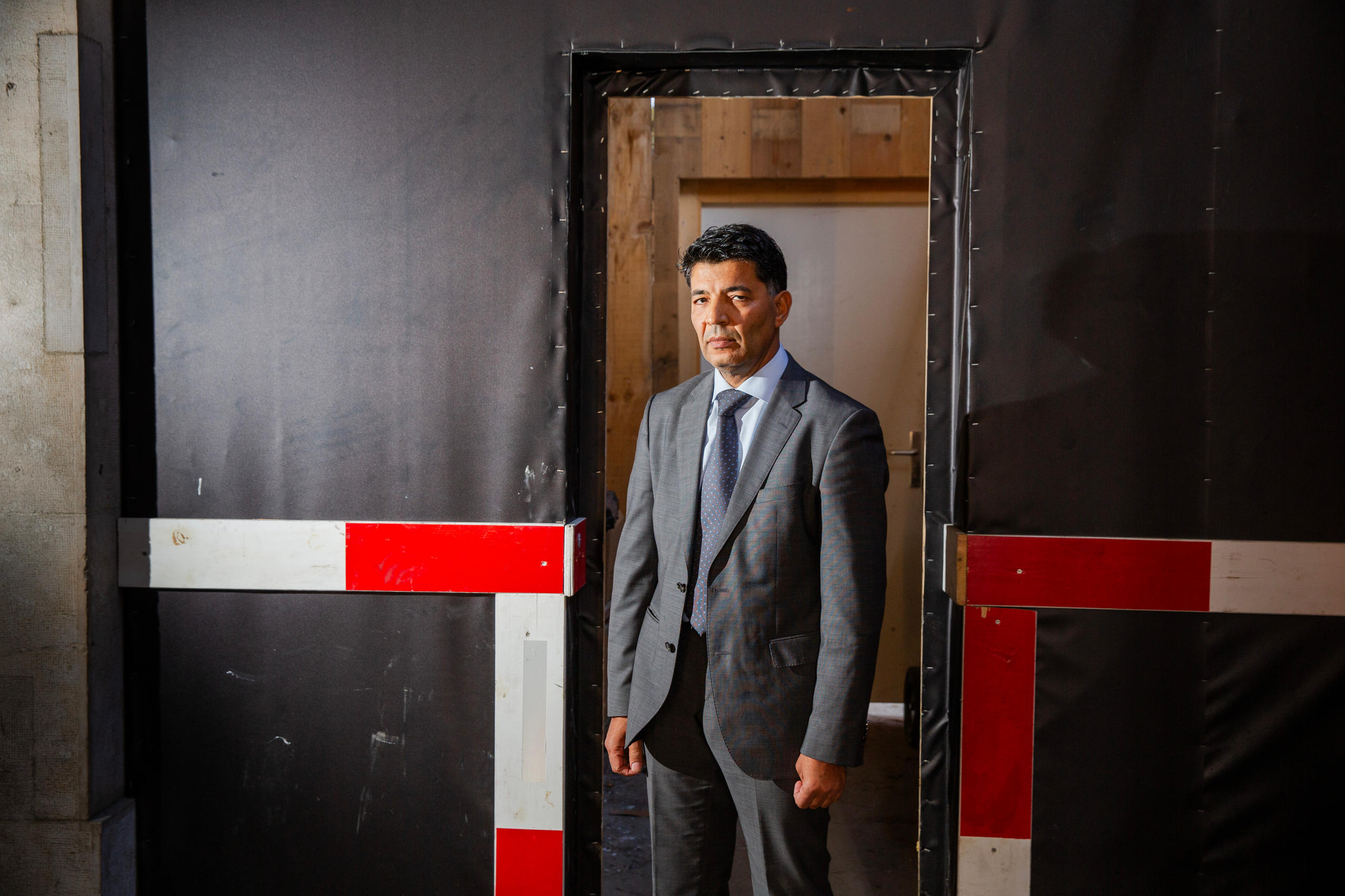
Externalisation of borders is back on the agenda of the European Union and Switzerland. In an interview with SWI swissinfo.ch Hasni Abidi, an expert on Middle East and North Africa, analyses the implications of the latest memorandum of understanding between the EU and Tunisia and how it echoes a similar deal with Switzerland a decade earlier.
The signature of a memorandum of understandingExternal link (MOU), between the European Union and Tunisia in July, has revived the public and political debate on the implications of EU policies on the North African Region. These especially concern the externalisation of borders and management of migration flows.
On paper, the memorandum focuses on strengthening bilateral relations through economic aid and collaborative action plans in areas like migration.
However, it also raises ethical dilemmas: the EU has partnered with a Tunisian government known for its authoritarian practices and human rights abuses. Furthermore, the MOU remains vague on concrete details on how the EU will financially support the country to mitigate migration flows.
In early October the Tunisian president rejected a first transfer of EU aid of €60 million (CHF58 million) calling the amount “charity money”. Another disbursement of €67 million is planned.
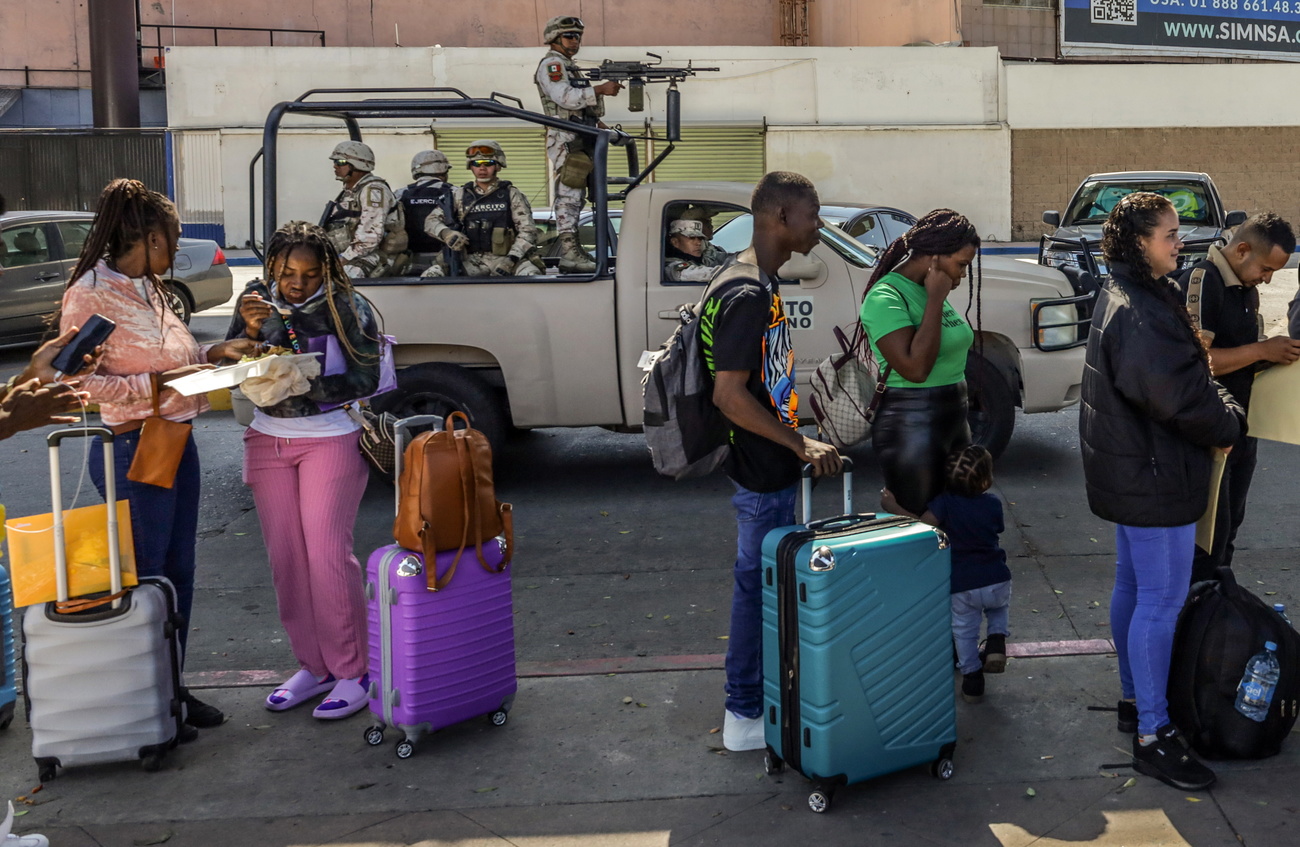
More
UN migration agency pivots back to the US
The memorandum echoes a prior agreement on migrationExternal link between the Swiss government and Tunisia, inked in June 2012. It was signed under a different Tunisian government, in a different geopolitical context.
Yet both agreements share parallels that raise the question of how European countries navigate the delicate balance between migration control and human rights, especially when partnering with third countries that have authoritarian rulers.
SWI swissinfo.ch spoke to Hasni Abidi, a political scientist specialising in the Middle East and North Africa region with the University of Geneva, to understand how these agreements impact migration policies in Switzerland, the EU, and North Africa.
SWI swissinfo.ch: With some 20 readmission agreements to its creditExternal link, isn’t Switzerland using these agreements to externalise immigration?
Hasni Abidi: This is indeed one of the reasons for the multiplicity of agreements, and Switzerland is still looking for other countries in Africa to sign similar deals. We must not forget that the Federal Council is regularly criticised by various parties, especially the [right-wing] People’s Party, for Switzerland’s inability to enforce readmissions of rejected asylum-seekers or irregular migrants who are found to be involved in cases of public security. This has become an essential internal issue for Switzerland.
The second reason is that the Swiss government is convinced that the borders should not stop at its natural borders because it knows that reaching Italy is ultimately reaching Switzerland, and the same applies to Spain. Through these agreements, Switzerland wants to impact countries of transit or even countries of origin.
SWI: Is this kind of border externalisation a fair migration policy?
H.A.: It is unfair because, ultimately, deciding on asylum applications outside the borders is very difficult. Who will make this decision? In this case, we are dealing with management by proxy. On the one hand, when asylum-seekers cannot submit their files either to embassies abroad or inside Switzerland upon arrival, it is inevitable that legally and humanely, some of those seeking asylum for humanitarian and political reasons will be treated as other migrants. On the other hand, Switzerland knows that the agency or management of these immigrants by other parties, whether the United Nations Refugee Agency (UNHCR) or immigrant centres in transit countries, would reduce the burden on its borders.
SWI: Swiss federal elections are taking place on October 22. Do you believe immigration is a prominent issue on the agendas of the different political parties?
H.A.: For decades, the issue of immigration was not one of the main topics in the Swiss electoral debates. Today it is gaining traction in the media and party programmes. The discourse varies, but all parties now attach importance to the subject.
The People’s Party, which exploited this card early on, has benefited most. However, I believe that the consequences of the Arab Spring in 2011, the social and economic crises, and the increasing wave of immigration to Switzerland, in addition to the country accepting more than 65,000 Ukrainian refugees, have all created a feeling among some political parties that migration has become a tremendous economic and social burden in the country.
SWI: Readmission, refoulement, voluntary return: where do we draw the line between compulsion and genuine choice for migrants?
H.A.: There is indeed great confusion and ambiguity in the terminology. I believe that this confusion is deliberate to give space to governments and interior ministers to interpret, according to their interest, issues related to immigration. I always say there is not a migrant crisis but a management crisis. That is, there is an acceleration in the pace of internal and external displacement, asylum-seeking, immigration, etc… and governments have not been able to adapt. Neither have our legal tools. There are, of course, red lines, such as the issue of forced return, which is illegal but still happening.
Readmission:
Act by a state accepting the re-entry of an individual (own national, national of another state – most commonly a person who had previously transited through the country or a permanent resident – or a stateless person).
Refoulement:
Refusal of entry or non-admission. The term refoulement is also commonly used as shorthand for any returns or non-admissions which are in violation of the principle of non-refoulement.
Non-refoulement (principle of):
The prohibition for states to extradite, deport, expel or otherwise return a person to a country where their life or freedom would be threatened, or where there are substantial grounds for believing that they would risk being subjected to torture or other cruel, inhuman and degrading treatment or punishment, or would be in danger of being subjected to enforced disappearance, or of suffering another irreparable harm.
(Assisted) Voluntary return and reintegration:
Administrative, logistical or financial support, including reintegration assistance, to migrants unable or unwilling to remain in the host country or country of transit and who decide to return to their country of origin.
Source: Glossary on migration, IOM, 2019. iml_34_glossary.pdf (iom.int)External link
SWI: Don’t readmission schemes have a limited impact, often leading only to temporary increases in return rates from third countries?
H.A.: Unfortunately, the public policies of many Western countries, including Switzerland, are dictated by electoral, media and partisan agendas. They do not have a political vision or a medium or long-term strategy. Ultimately, the governments want to provide an immediate and practical answer. Switzerland preceded the European Union in signing an agreement on readmission with Tunisia. I believe the European Union read that agreement well before it signed a similar one with Turkey, Libya, and then recently with Tunisia.
SWI: In the context of the agreement between Switzerland and Tunisia, apart from re-acceptance, what other parallels do you identify between the Tunisian-Swiss agreement and the Tunisian-European memorandum?
H.A.: There are indeed points of convergence, chief among them the issue of “give and take”. There is a request by European governments and Switzerland for Tunisia, Turkey and Libya to receive financial support against accepting these migrants on their soil. Ultimately, the deals relieve pressure on Europe, which refuses to bear the economic, social and humanitarian burden of migration alone.
SWI: According to Resolution 1741 (2010) of the Council of Europe, the signatory states of these agreements must have a robust asylum system and guarantee human rights. Did Tunisia in 2012 meet these criteria? Does it today?
H.A.: At that time (2012), Tunisia was saying that the time was not right for the enactment of immigration laws. More than ten years have passed, and the situation remains the same; we do not even have accurate statistics of how many illegal immigrants are in the country.
This means that many immigrants in Tunisia are working informally on construction sites or doing domestic work; they need regular residence papers and work permits. Legalising the presence of these immigrants would be a positive security measure for transit countries and would benefit them.
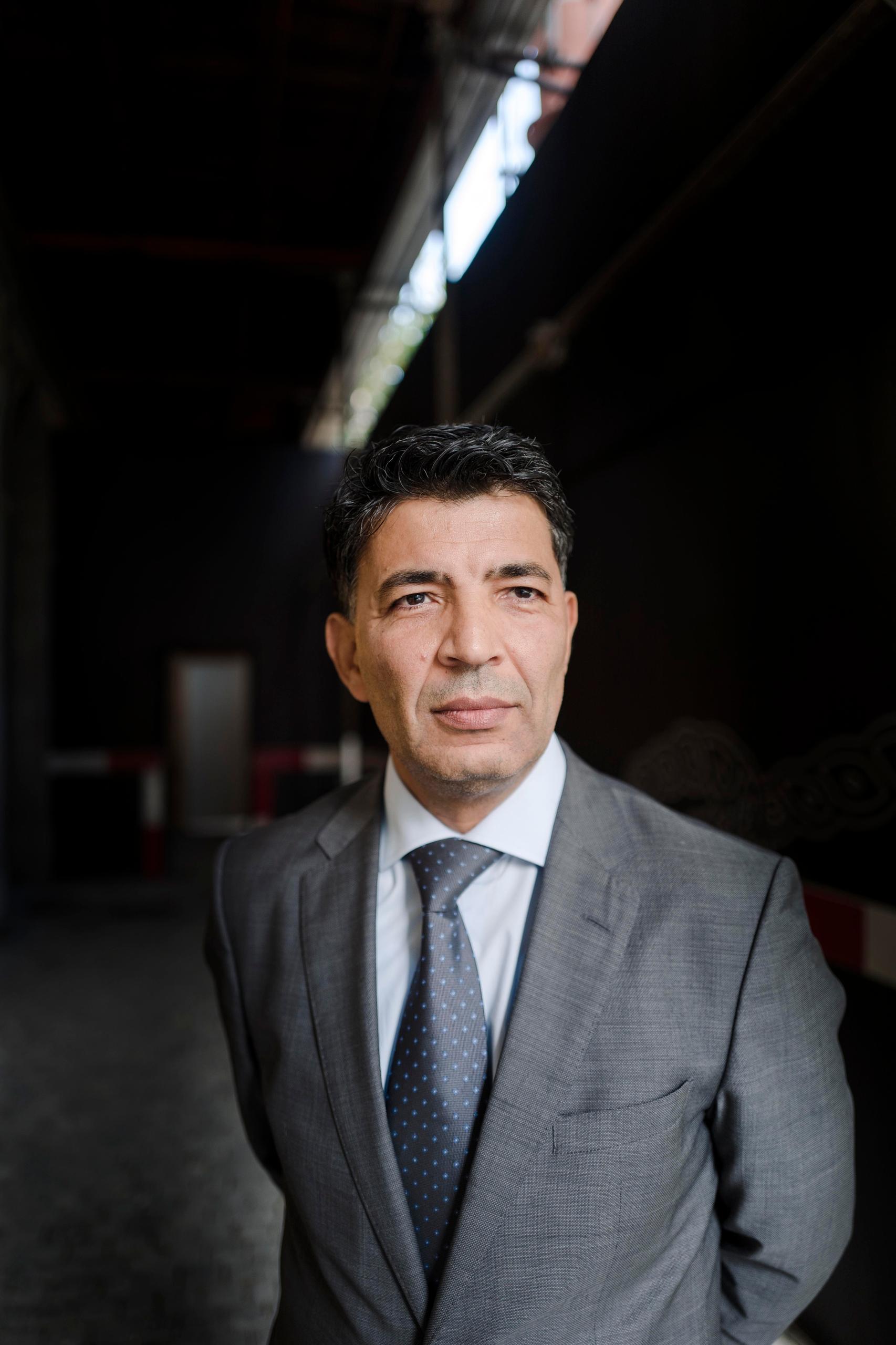
SWI: The dominant narrative portrays migrants as victims. Should we emphasise Europe’s responsibilities by tackling the root causes and proposing sustainable solutions?
H.A.: There is no single discourse or narrative. Governments, countries of transit, and migrants themselves all have their own discourses. Indeed, behind every immigrant there is a story and a life…
SWI: But are these voices heard?
H.A.: They are not, unfortunately, because in the end, when the rights of these people are not respected, their very existence becomes non-existent (in narrative terms). When someone does not have a passport or intentionally destroys their identity card, it isn’t easy to have an objective narrative for them. But immigrants are part of society; some behave well, others don’t. They are indeed victims of a situation for which they are not responsible, a situation that has forced them to leave their families, villages and cities. But it is unfair to put all immigrants in the same mould as if they were homogeneous. Each of them has a story, a dream and a project. The absence of the law leaves us with a massive void in classification and in securing a new life for them.
SWI: What is your vision for a fair and sustainable migration policy between Europe and North Africa? And is such a policy possible?
H.A.: We are living through one of the most difficult periods for immigrants. Even countries with more “generous” and more understanding policies, such as the Scandinavian countries, have begun to reconsider their immigration policies. I do not see a glimmer of hope regarding the future of immigration or the legal status of immigrants. The approach is still the same: purely about security.
Edited by Virginie Mangin.
*This interview was conducted via telephone in September 2023.

In compliance with the JTI standards
More: SWI swissinfo.ch certified by the Journalism Trust Initiative





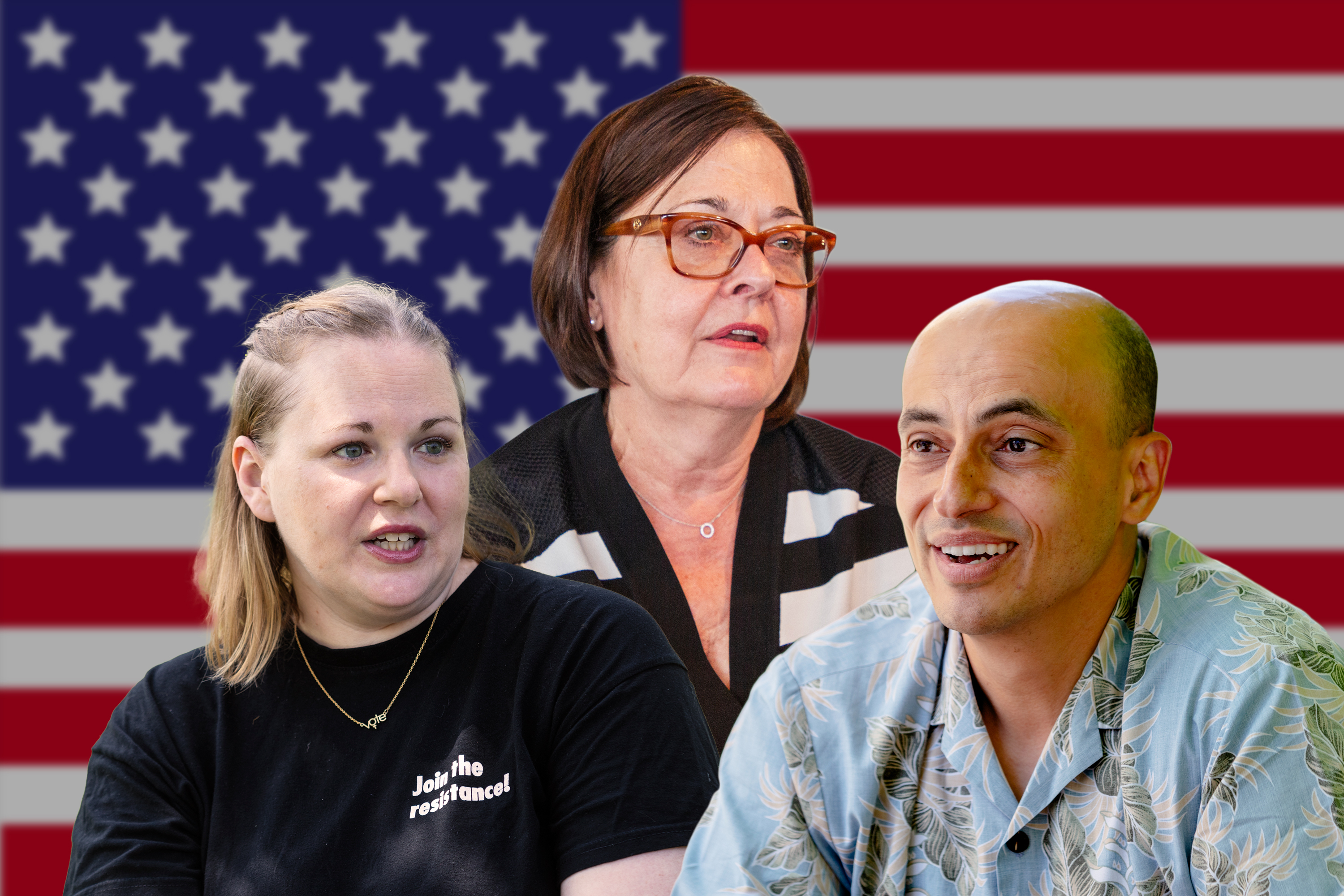



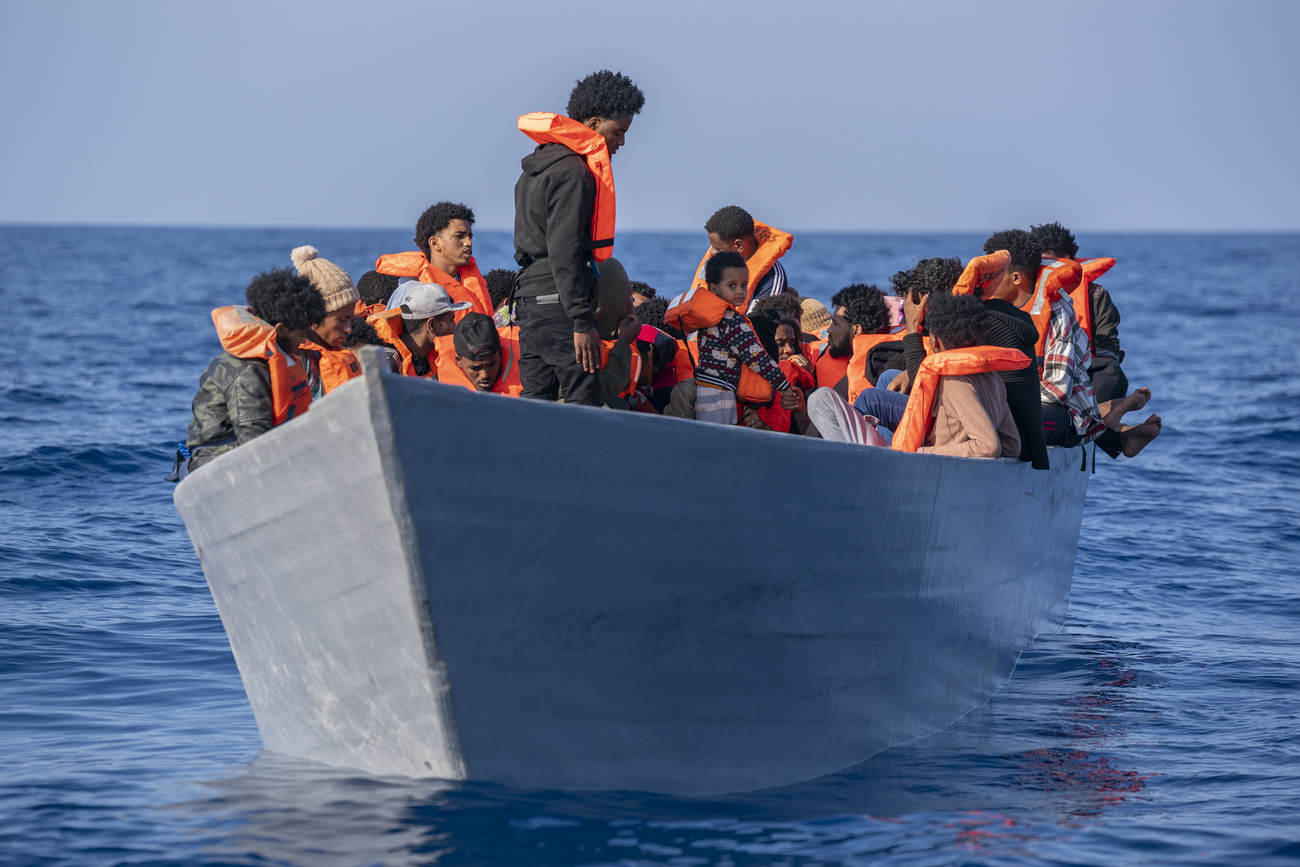
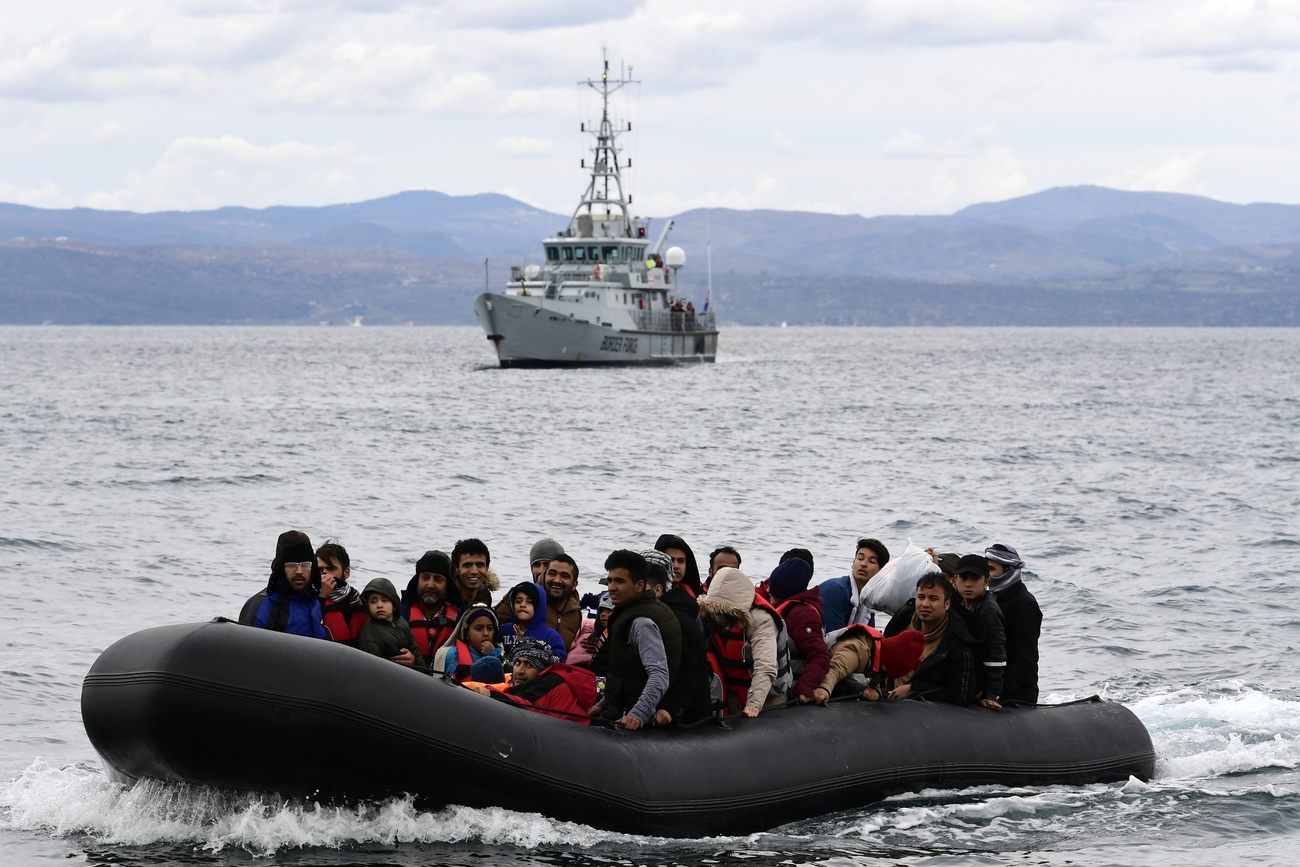
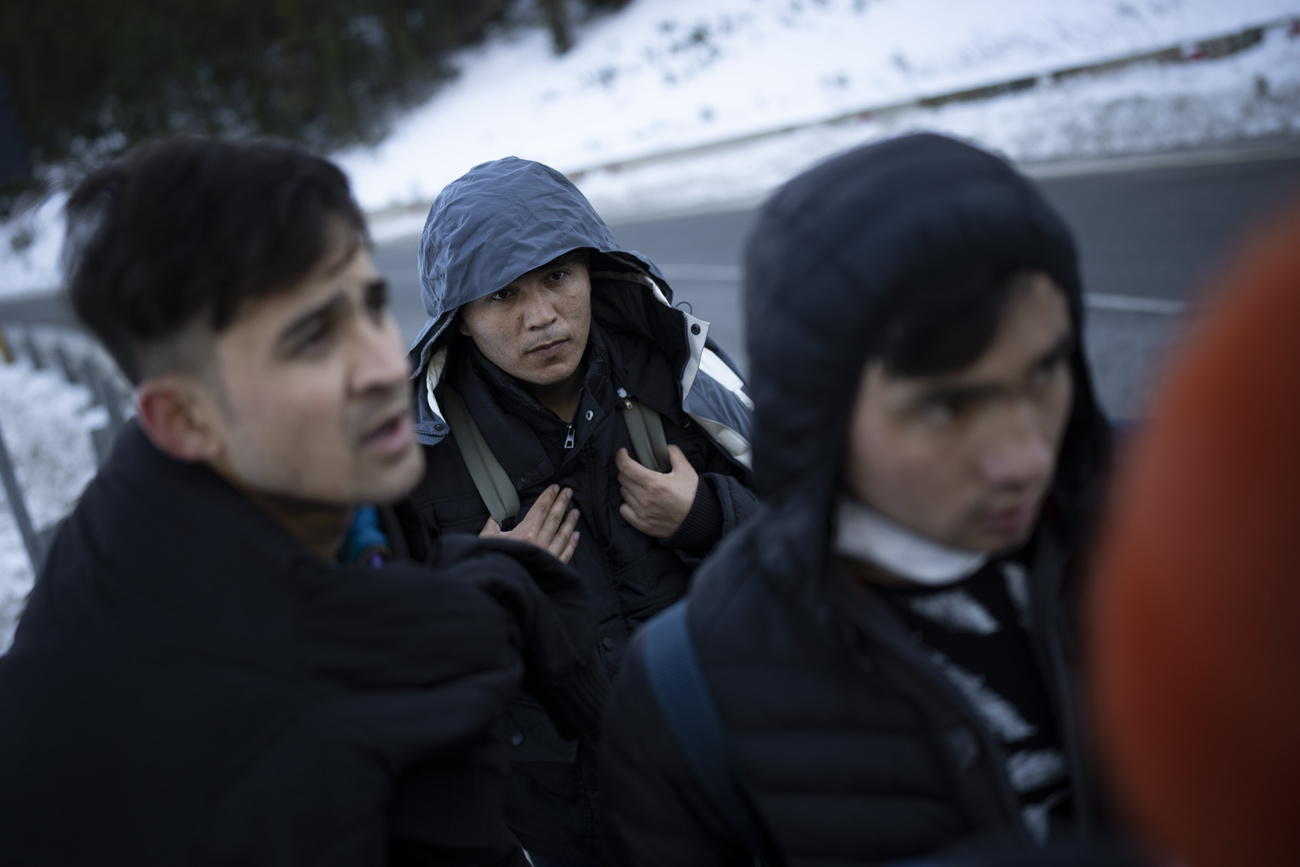
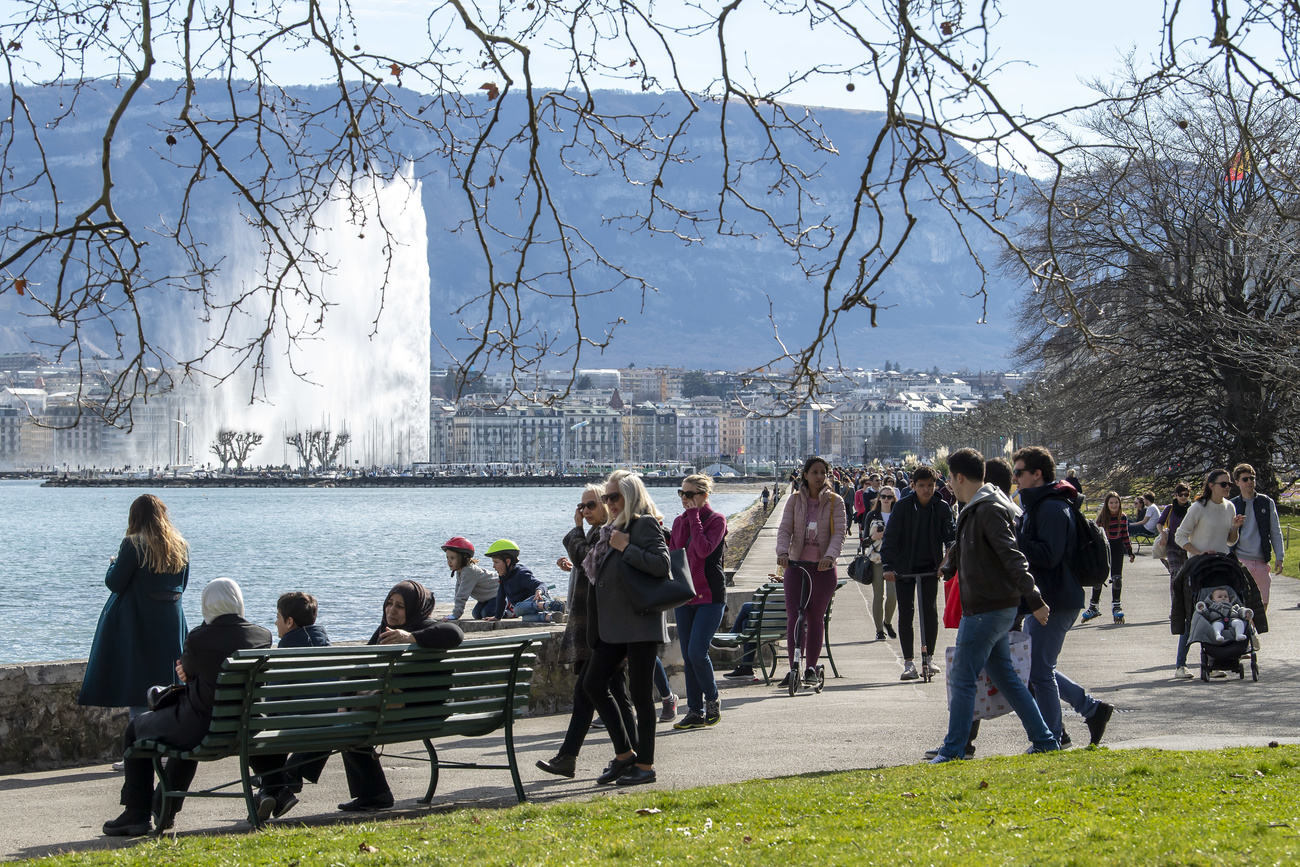
You can find an overview of ongoing debates with our journalists here . Please join us!
If you want to start a conversation about a topic raised in this article or want to report factual errors, email us at english@swissinfo.ch.